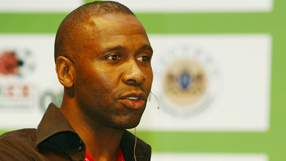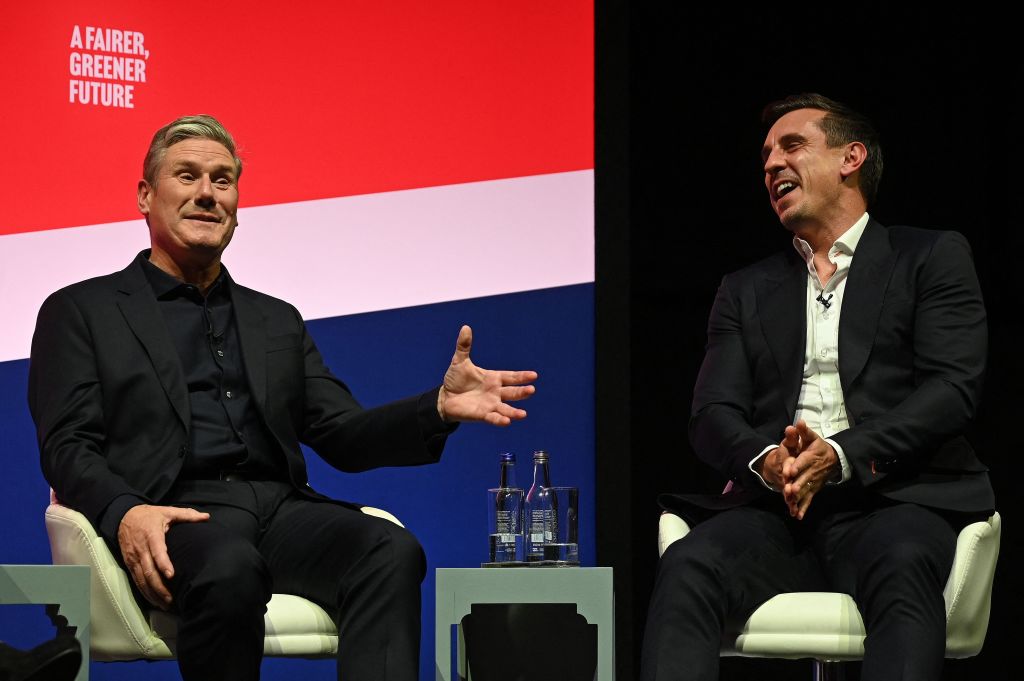
"A day before the first match I just couldn't wait," the former South Africa captain told Reuters on Thursday.
"I was pinching myself. I thought: 'Can the World Cup really be happening tomorrow in Soweto? Is there really a world class stadium a few yards from where we used to play in a dustbowl?' It seemed impossible.
"Once we sat in the stadium for the opening game and saw the players come out it was just so emotional, the tears were streaming down my face and it really was a dream come true."
Radebe was brought up in Diepkloof, which he describes politely as "one of the overcrowded areas."
He made his name at Kaizer Chiefs and then, having been shot in the back in the streets of Soweto, later moved to England where he made 200 appearances for Leeds United over nine years.
He has also won 70 caps and captained South Africa at the 1998 and 2002 World Cups.
He was hugely popular at Leeds, not only for his playing ability but for his community work, and part of a stand has been named after him at their Elland Road ground.
The best features, fun and footballing quizzes, straight to your inbox every week.
Radebe is hoping Africa's first World Cup, which kicked off on June 11, can be a real agent for change in his own country.
"Many of us grew up in the townships and some of us got opportunities and some didn't," he said. "I was able to use football to get out and to better my life.
ROLE MODEL
"I've become something of a role model for many people and I'm happy with that but without forgetting where I've come from. It's essential that we go back to those communities and make sure we help," he added.
On Thursday, Radebe was at the training ground of Ajax Cape Town surrounded by members of the top flight club's youth teams.
Ajax CT is a shining example of working in the community - every week going into local schools to run training sessions, working with disadvantaged youngsters alongside the police in so-called 'hot-spots' and, impressively, bussing in 5,000 children, at the club's expense, to watch every home game.
"It's excellent what they are doing here and that's what football can do - its not just about playing the game its about health and education and life skills," said Radebe.
"We all talk about the stadiums and infrastructure but for me the main legacy is the World Cup touching people in those poor areas, in rural areas where people can't afford a TV, who haven't got proper opportunities to play sport.
"The World Cup will soon be gone but I want it to have touched everyone and I think it can do."
Riyaad Khan, a youth coach at Ajax, had the difficult job of organising the youngsters as they jostled to exchange headers with Radebe - suited and booted but at a trim 41 still looking as if he could do a good job for the national team.
"These guys are such heroes you can't believe it," said Khan. Lucas is huge here and Benni McCarthy - he played here of course - and now it's Steven Pienaar.
 Join The Club
Join The Club





